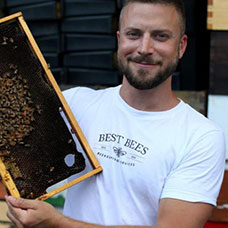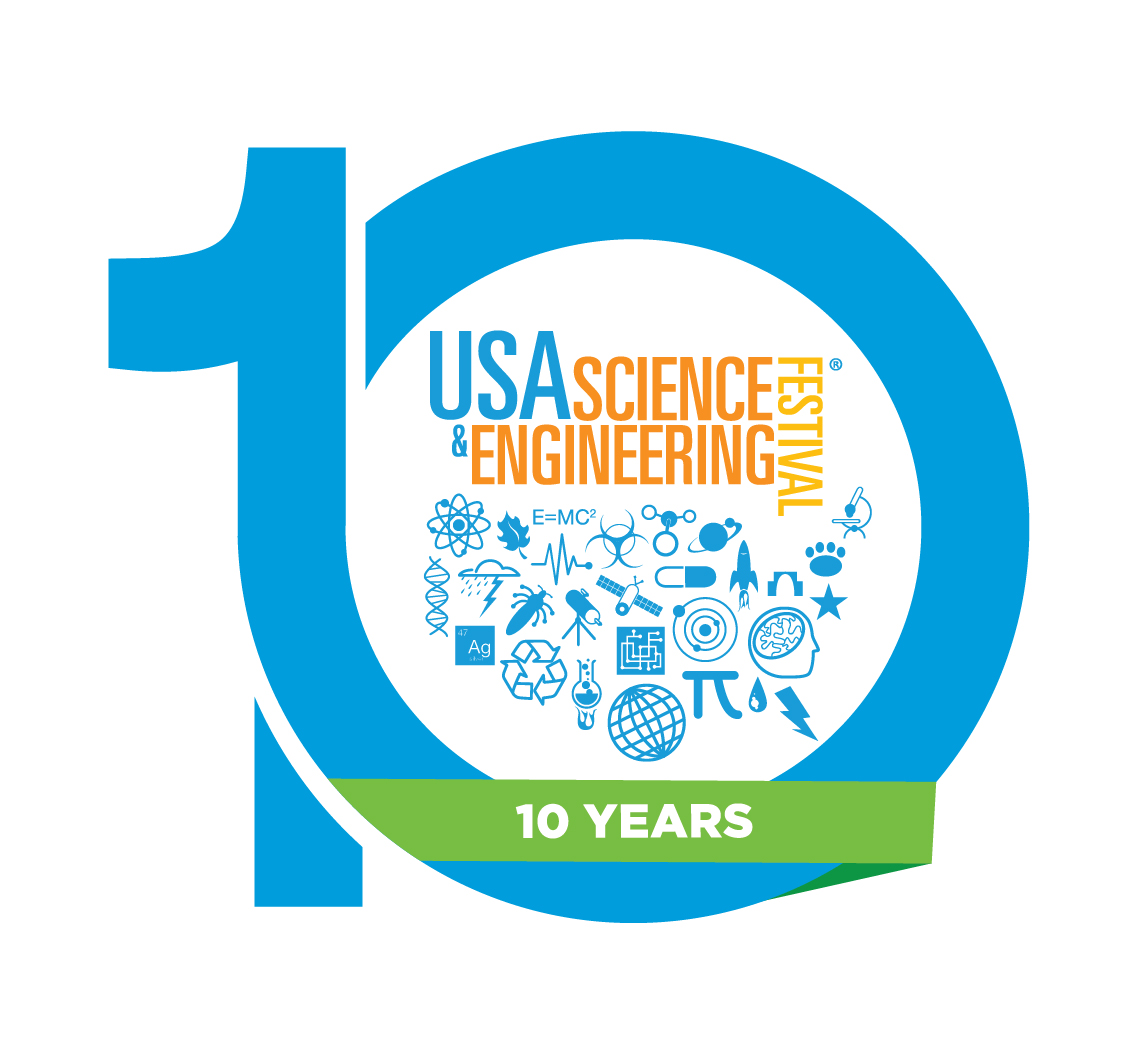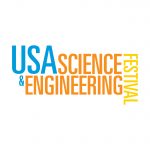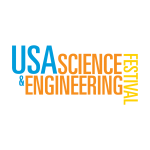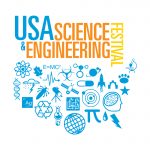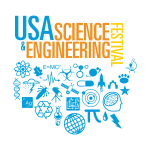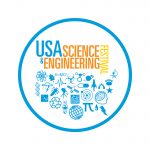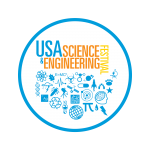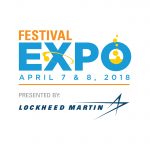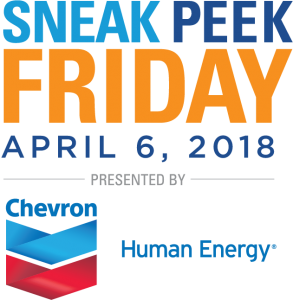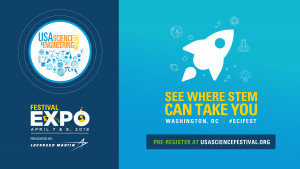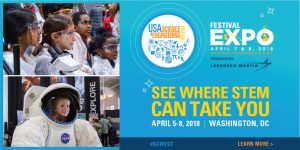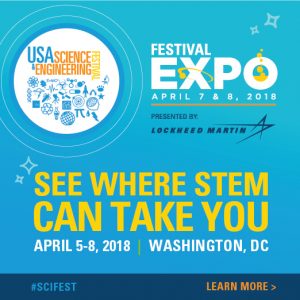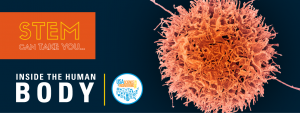Biography
Biologist Noah Wilson-Rich: An Advocate for Bees Demonstrates What Can Be Done to Save These Fascinating Creatures
Biologist Noah Wilson-Rich is among the most ardent advocates for bees in the country, sharing his passion for beekeeping and bee health with the public — including how these creatures impact our own ecological sustainability.
Bees — in addition to producing honey for our teas and beeswax (a substance found in products like lip balm, hand lotion and furniture polish) — play a key role in pollinating flowers and crops. “Anyone who likes food and our environment needs to care about bees”, says Noah, whose research as a scientist focuses on bee immunology. “There’s an interdependence at work here — they need us and we need them.”
When bees gather nectar to bring back to the hive, he explains, they unintentionally get pollen stuck to their bodies, which they then carry and leave behind on other plants as they continue their hunt for nectar. This pollinates—or fertilizes—the plant, starting seed production in flowers and food crops.
Bees, birds, and butterflies are all key pollinators, but bees are especially important to our food supply, pollinating $15 billion worth of food crops annually. Without bees, crops like almonds, apples, melons—even alfalfa used as livestock feed—would become scarce. “When you watch a hive or observe bees at work in a garden, you can see how absorbed bees are in maintaining their own ecosystem.”
Bees today are in trouble, but we can help them, he says. Bees, namely honey bees, have been rapidly and mysteriously disappearing from rural areas since 2006, with grave implications for agriculture. The disappearance was first thought to have been mostly due to what researchers have called Colony Collapse Disorder (CDC), a phenomenon where entire colonies disappear, leaving almost no dead bodies behind. But as Noah indicated in a New York Times op-ed article he authored in September 2014, CCD appears to have significantly declined or ended in 2011. “Yet, bees are still dying off in increasing numbers annually, only from other maladies than CCD,” he said recently.
The problem has given rise to efforts around the country to attract honey bees to urban areas — including urban gardens and beehive habitats — to survive, increase bee population and pollinate, says Noah. This was a key reason he founded the Best Bees Company, a beekeeping service based in Boston that delivers, installs, and manages beehives for residential and commercial properties, nationwide. Proceeds from the company, where Noah serves as Chief Scientific Officer, go toward research conducted at the Urban Beekeeping Laboratory and Bee Sanctuary, a 501(c)3 nonprofit organization in Boston’s South End.
Says Noah: “Our company began in earnest as a means to raise funding for scientific research to improve honey bee health. We are showing that bees can thrive in urban settings. Urban agriculture, diverse gardens, and parklands all combine to provide bees with a varied diet that will help keep them healthy. They just need people to embrace their presence and be their stewards.”
Since launched in 2010, Best Bees has extended its beekeeping services to hundreds of clients throughout southern New England, New York City, Washington D.C., Los Angeles, Chicago, Denver, Seattle, Portland, and San Francisco.
Widely known in his field, Noah, who completed his Ph.D. at Tufts University, is a Research Affiliate in MIT Media Lab’s Mediated Matter group and has held various adjunct faculty appointments in biology, including at Tufts, Northeastern University and Simmons College, and has given two talks on bees at TEDxBoston. He is the author of the 2014 book, The Bee: A Natural History (Princeton University Press).
For more information, please visit: https://bestbees.com/ and https://beesanctuary.org/

